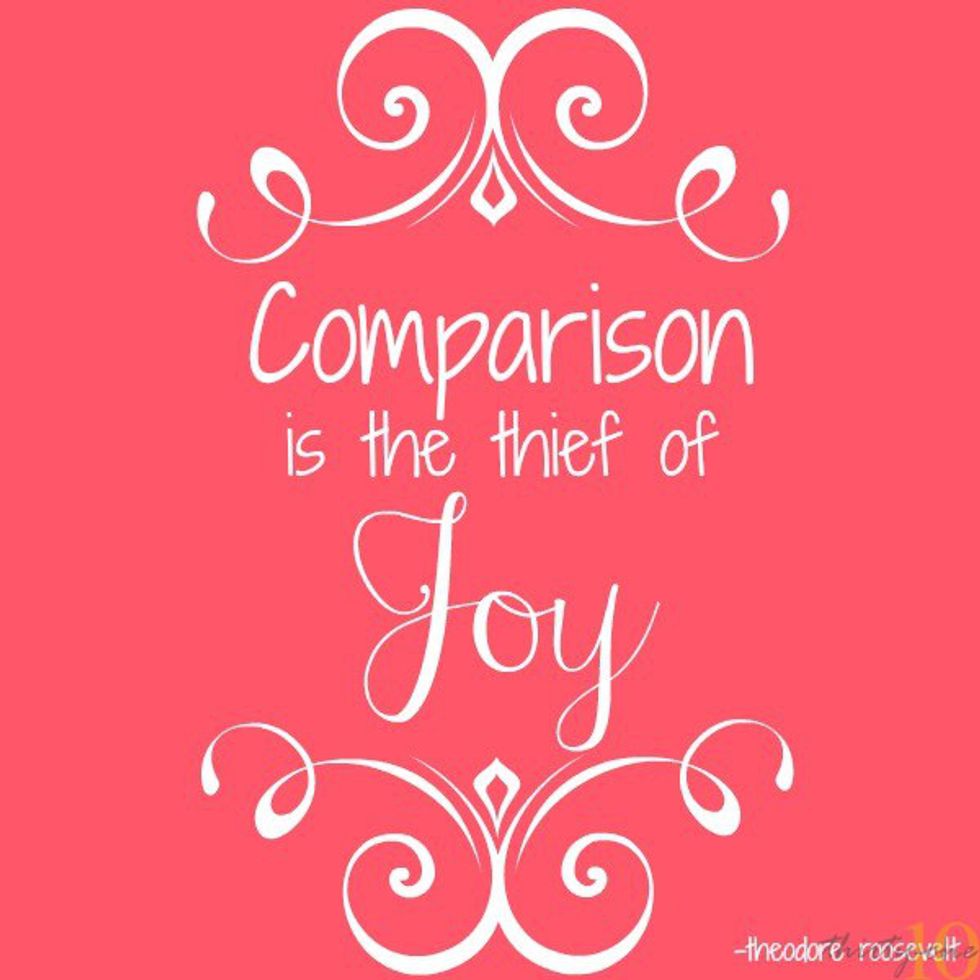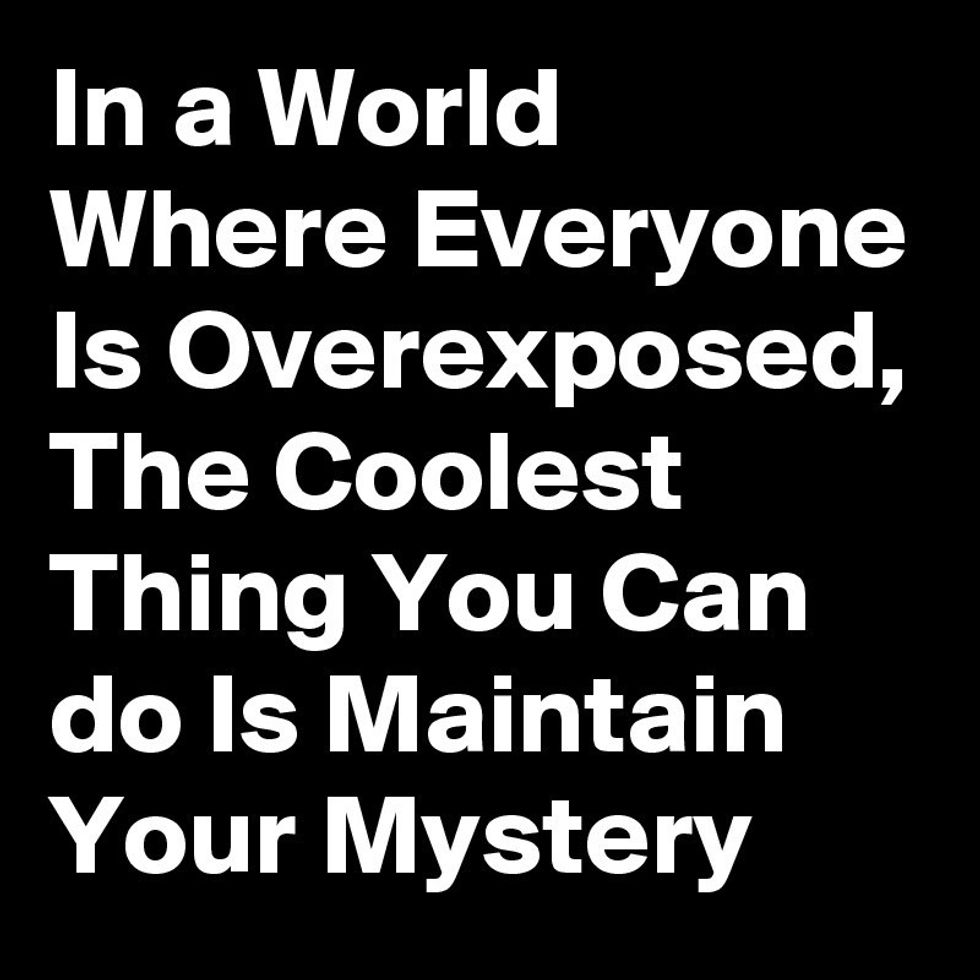There was a point in my life, probably about a year ago, that I realized checking Facebook brought me down about as often as it lifted me up.
I’m a reasonably confident and happy person, but there’s something about seeing other people interact—even people you’re not friends with—that can make you feel left out, when you otherwise would have been content. Add to that the constant threat of distraction and the fear of missing out on something, even something insignificant, and social media can turn into a real drag. You find yourself dwelling on things you really shouldn’t care about.
I don’t remember the exact moment I realized this, but it had a big impact on me. If something “fun” wasn’t bringing me total joy and wasn’t necessary, why do it?
The thing is, in our day and age, social media does feel necessary. How do you know what events are coming up if no one has mentioned them in person? How do you remember the birthdays of every nice person you’ve known in the past ten years? How do you contact someone whose phone number you don’t know?
Facebook, that’s how.
I wanted to delete my account, but that felt too extreme. There are things I love about Facebook—discussion groups for my favorite TV shows and hobbies, pages I follow, sharing happy memories with my friends, feeling connected. It’s in the bombardment of highlights from everyone else’s lives that anxiety cultivates.
So instead of deleting my account, I unfollowed 99% of my friend list—even my best friends. I left maybe ten people, like my sister, some friends in my favorite TV fandom, and my high school astronomy teacher who shares cool articles.
Unfollowing is different from unfriending because you still have total access to each other’s profiles, and the person has no way to see they’ve been unfollowed. Still, I thought this might come across as extreme or even rude. It was nothing personal at all, but would they take my sudden halt of “likes” and ignorance as to what they’ve been up to as such?
This uneasiness went on for a while, on and off, but every time I stopped to think about why I was uneasy—the fear of missing out, and the fear of growing apart from or offending friends—I felt reassured that that was silly. No one who cares about you will care that you don’t frequently interact with their Facebook posts. And the only thing I was missing out on was looking through a window into hundreds of people’s lives that I have no need to know about. Better, when I meet up with friends, I get to hear all their stories firsthand and share their excitement in person. Maybe I don’t know that the person I sometimes sit next to in class went to Kenya over the summer or won a major art contest, but if they’re not someone I talk to much, does it really matter that I don’t know?
I also posted significantly less, inspired by a quote I saw on Pinterest: make some memories that are all your own. Most of my posts these days are the occasional shared picture or article that I want to be able to find again, or that conveys a message I’m passionate about, as well as my own work. When I do post something, it’s something I want to scream to the world—not something I felt inclined to share because that’s what people do, or to prove anything.
The longer I kept up with this, the better I felt. I deleted the social media accounts that felt excessive to me, like Snapchat and Instagram, and don’t miss them at all. My mind feels less cluttered and my emotions are more stable. I feel more secure in my friendships and significantly less distracted wherever I go. I enjoy my downtime more and find it more recharging.
Granted, social media is a great and helpful tool and I in no way feel like I’m “above” it. But I 100% recommend fiddling around with it to decrease your intake, especially if you’re someone who’s prone to overthinking things, or someone who finds his/herself enjoying in-person activities a little less because you know something is (or could be) happening online. My original use of social media was in no way unhealthy, and yet I didn’t even realize how much anxiety it was causing me until I had been “clean” for weeks; it’s not just straight-up addictions that cause distress.
Sometimes taking care of yourself means going against the social grain, and changing your online habits is freeing in a way you can hardly imagine until you give it a try.





















